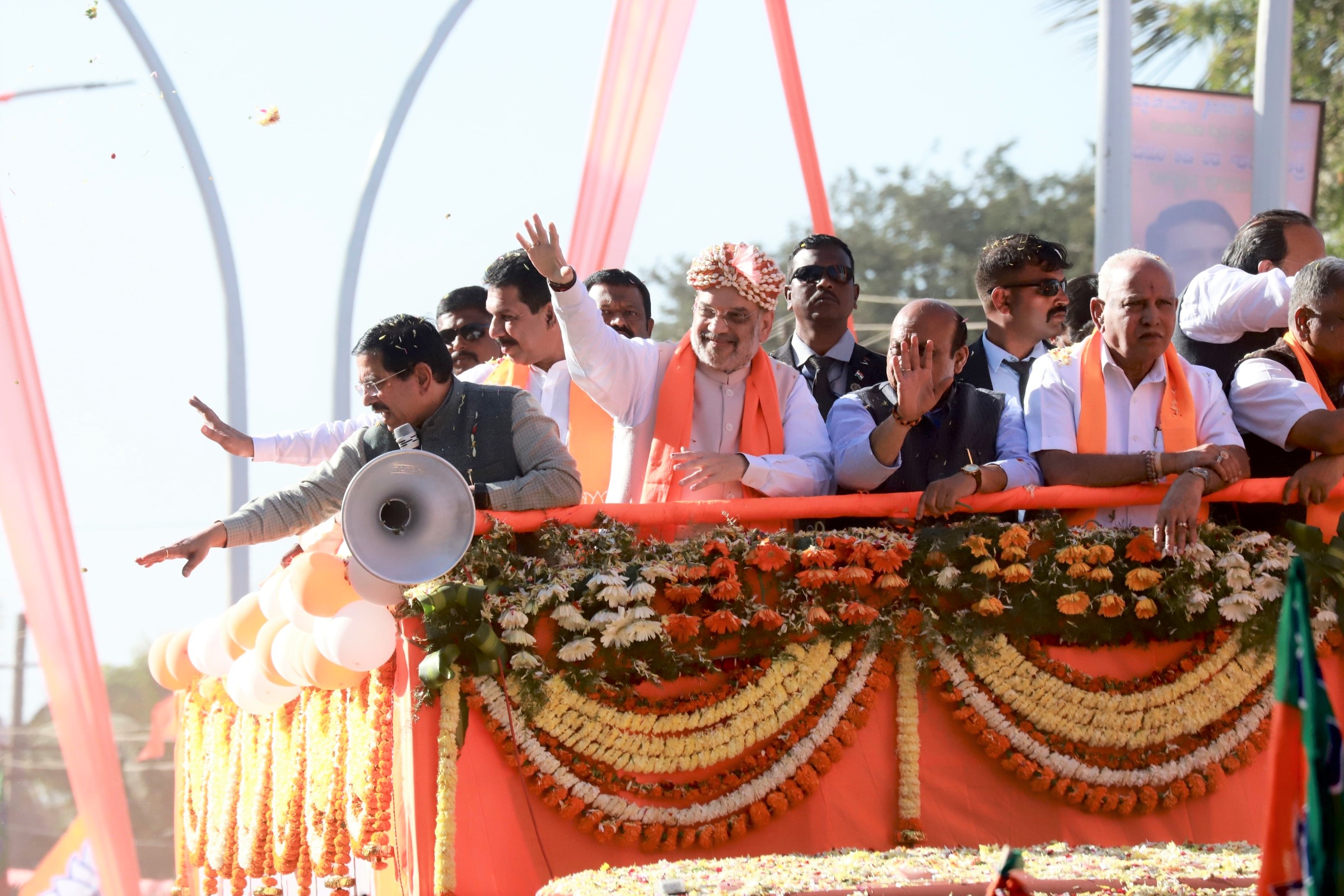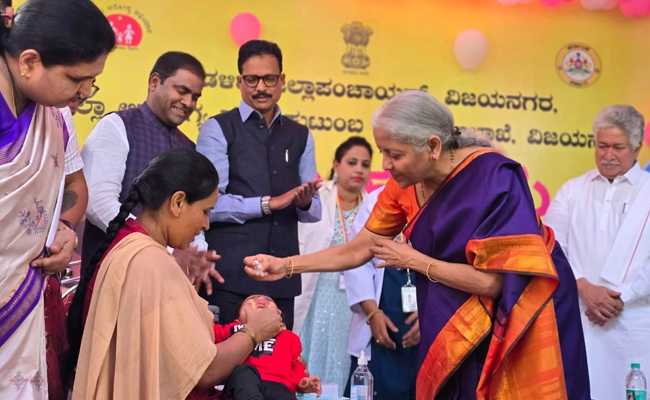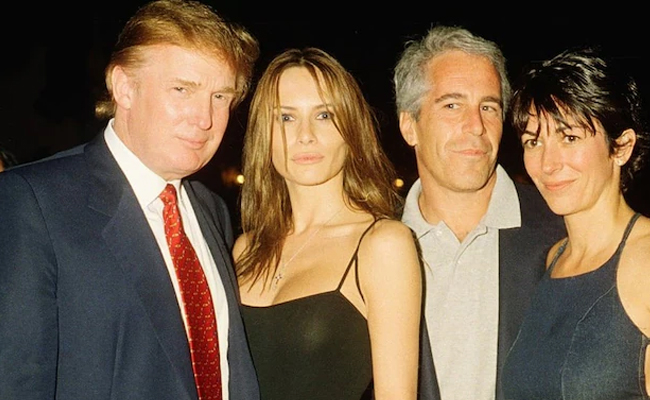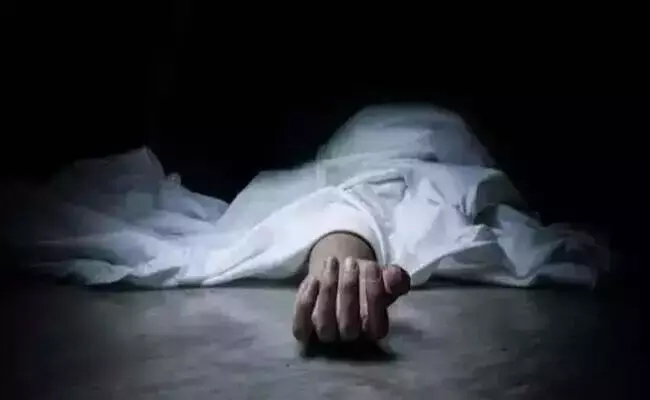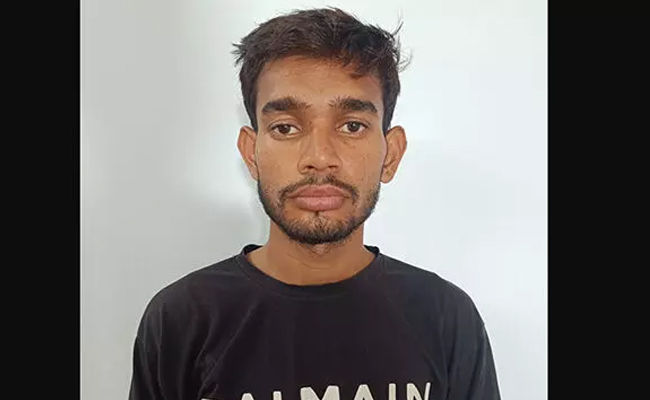Hubballi (K'taka), Jan 28: Union Home Minister Amit Shah on Saturday asked the youth to join hands in nation building and ensure that when the country celebrates its centenary year of independence in 2047, India is number one in every field.
He also called on the youth to take a resolve for progress in their personal lives and also to contribute towards nation building in some field, in this 75th year of independence.
"When we celebrate the centenary year of independence in 2047, in every field this great nation of ours should be number one. To build such a nation, you the youth must join hands on the appeal of PM Modi and contribute in building a great India," Shah said.
Speaking at the platinum jubilee celebrations of B V Bhoomaraddi College and after inaugurating an indoor stadium at the campus, he listed out progress made by the country in various fields and strong foundations laid by the government for development in a number of areas.
Karnataka Chief Minister Basavaraj Bommai, who is also an alumni of the college; Union Minister Pralhad Joshi, senior BJP leader B S Yediyurappa, several ministers, and legislators were present at the event.
Asking students and youngsters to read about the freedom struggle and sacrifice made by the people for the country to attain independence, Shah said, "Everyone is not fortunate to sacrifice their lives for the sake of the country like our soldiers do. We may not sacrifice our lives for the country, but we can live our lives for the sake of this nation."
"One should try to attain heights in his or her professional or field of choice, but along with that our aim should also be that India becomes number one in the whole world."
Pointing out that India is today the fifth largest economy from 11th position in the span of last eight years, Shah said it is being predicted that India will become the world's third largest economy by 2027.
"(Prime Minister) Modi, with this in mind, has a dream for India's youth that India becomes a (US) five trillion dollar economy. If this happens, technical university students like you will have lots of opportunities," he said.
Highlighting India's growth in the startup space, the Home Minister said there were only three unicorn startups in 2014, but today there are more than 70,000 startups in the country. Seventy-five among them are unicorn startups and 30 per cent of these enterprises are headed by women.
Around 45 per cent of these startups are from Tier-2 and 3 cities, he said, adding that this shows those who have ability can succeed irrespective of the place he or she is in.
Noting the initiatives taken by the Modi government to make India a manufacturing hub and the fifth largest economy today, Shah said patent registration determines any country's future.
In 2013-14, 3,000 patent applications used to come for registration, and now in 2021-22 it has increased to 1.5 lakh applications, he said. Also, the count of registered patents has increased from 211 to 24,000 since then.
"I want to tell youth to come out of traditional thinking and framework and to think anew, be courageous and move ahead," he told the youth.
Pointing at the increase in IITs, IIMs, AIIMS, IIITs, universities and colleges in the country, Shah said the Central government under PM Modi has increased the ambit of education.
Speaking about the National Forensic Sciences University campus for which he will be laying the foundation near here, Shah said the field of forensic science is going to be big in the days to come, which needs a trained human resource.
"It is going to create a lot of opportunities for the students of science, because in the days to come we are going to make forensic evidence compulsory for the crimes to which punishment is more than six years. If this happens, the country needs more than 50,000 forensic scientists," the minister pointed out.
Let the Truth be known. If you read VB and like VB, please be a VB Supporter and Help us deliver the Truth to one and all.
Bengaluru (PTI): Karnataka Chief Minister Siddaramaiah and Union Finance Minister Nirmala Sitharaman led the statewide pulse polio vaccination drive on Sunday.
While Siddaramaiah kicked off the campaign along with state Health Minister Dinesh Gundu Rao and Home Minister G Parameshwara at his residence 'Kaveri' here, Sitharaman, who is in Vijayanagara district in the state, holding Chintan Shivir, administered pulse polio drops to children below five years of age in Kamalapura.
"Smt @nsitharaman launched the Polio Immunisation Drive in Kamalapura, Karnataka, reaffirming the Government’s commitment to safeguarding child health and ensuring a polio-free India," a post on her 'X' account said.
The post further said that children under five years of age were administered Oral Polio Vaccine (OPV) drops, "reinforcing the collective effort to protect future generations through timely immunisation."
According to the details shared by the health departments, about 62.4 lakh children have been identified for it.
ALSO READ: Man from Rajasthan arrested for duping devotees visiting Kollur Temple using fake website
"Under the routine immunization programme, every Child is given 5 doses of OPV (Oral Polio Vaccine) and 3 doses of IPV (inactivated injectable polio vaccine) and Government of Karnataka is committed that no child should miss these doses," a government statement said.
Apart from all hospitals in the state, special focus will be given to immunise children living in villages, hilly areas, brick kilns, slums, migrant areas, farmhouses, urban slums. Booths will also be set up in railway stations, metro stations, airports and Seaports, the statement said.
The state health department has set up 33,258 booths and deployed 1,030 mobile teams, 2,096 transit teams, 1,13,115 vaccinators and 7,322 Supervisors.
All children below five years of age will be administered the oral polio vaccine on December 21, 2025.
"Even if your child has received any number of doses of OPV before, it is very essential to immunise your child again during this round," the department said.
In order to allay concerns, the department said the polio vaccine is completely safe and people should not to believe in any false rumours.
Smt @nsitharaman launched the Polio Immunization Drive in Kamalapura, Karnataka, reaffirming the Government’s commitment to safeguarding child health and ensuring a polio-free India.
— Nirmala Sitharaman Office (@nsitharamanoffc) December 21, 2025
On the occasion, children under five years of age were administered Oral Polio Vaccine (OPV)… pic.twitter.com/PN4IJUGtnn
ಗೃಹಕಚೇರಿ ಕೃಷ್ಣಾದಲ್ಲಿ "ರಾಷ್ಟ್ರೀಯ ಲಸಿಕಾ ದಿನ"ವನ್ನು ಮಕ್ಕಳಿಗೆ ಪಲ್ಸ್ ಪೋಲಿಯೊ ಲಸಿಕೆ ಹಾಕುವ ಮೂಲಕ ಉದ್ಘಾಟಿಸಿದೆ.
— Siddaramaiah (@siddaramaiah) December 21, 2025
ಪ್ರತಿಯೊಬ್ಬರೂ ತಮ್ಮ 5 ವರ್ಷದೊಳಗಿನ ಮಕ್ಕಳಿದ ತಪ್ಪದೇ ಪೋಲಿಯೊ ಲಸಿಕೆ ಹಾಕಿಸುವ ಮೂಲಕ "ಪೋಲಿಯೊ ಮುಕ್ತ ಭಾರತ"ದ ನಮ್ಮ ಅಭಿಯಾನಕ್ಕೆ ಬೆಂಬಲವಾಗಿ ನಿಲ್ಲಬೇಕು ಎಂದು ಮನವಿ ಮಾಡುತ್ತೇನೆ.
ಆರೋಗ್ಯ ಸಚಿವರಾದ ದಿನೇಶ್… pic.twitter.com/uClMoqOnyB

